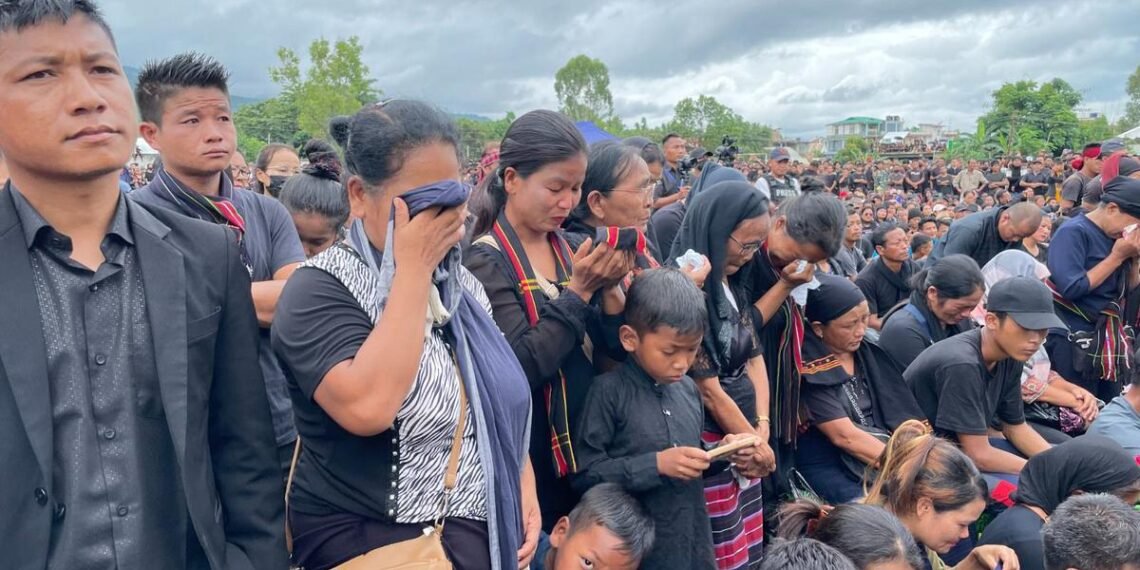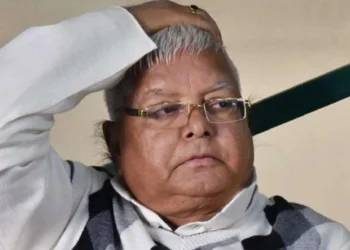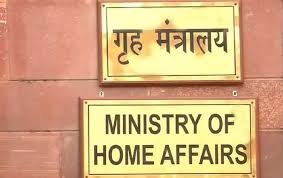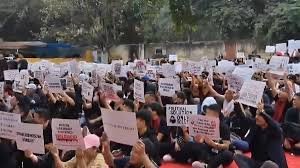With more than 50,000 people displaced and deep mistrust lingering between the Kuki-Zo and Meitei communities, the road to recovery remains fraught with challenges. This article delves into the complexities of the repatriation process and the broader implications for peace and stability in Manipur.
BY PC Bureau
New Delhi
A fresh wave of tensions is brewing between the Manipur government, led by Chief Minister Biren Singh, and the Kuki-Zo community as efforts to facilitate the return of Kuki-Zo refugees from Assam’s Karbi Anglong district intensify. Singh’s insistence on strict conditions for the return of these refugees has sparked concerns about potential exclusion and further unrest.
The Karbi Anglong Autonomous Council (KAAC) recently announced plans to repatriate over 1,000 Kuki-Zo individuals who sought refuge in the district following the outbreak of ethnic clashes between the Meitei and Kuki-Zo communities in May 2023. Chief Executive Member (CEM) Tuliram Ronghang assured that the process would be peaceful and consultative, stating, “We are not going to forcefully evict them. Their return will be facilitated after consultations with social and political organizations, including those from the Kuki community.”
However, Manipur’s Chief Minister has said only “genuine refugees” who meet the criteria of being residents before 1961 will be accepted. This reference to the 1961 base year for the National Register of Citizens (NRC) implies a stringent verification process for those seeking to return.
Land Rights and Citizenship Concerns
Ronghang further emphasized that land rights in Karbi Anglong would only be granted to permanent residents or those with longstanding ties to the district. Migrants from Manipur or elsewhere will not qualify under the council’s initiative. This position has heightened concerns among Kuki-Zo refugees, many of whom have lived in Karbi Anglong for months without secure rights.
In Manipur, Biren Singh’s stringent stance aligns with growing tensions over the alleged influx of Kuki-Zo people from Myanmar, particularly after the 2021 military coup. The Manipur Assembly has repeatedly urged the central government to implement the NRC with 1961 as the base year to address what it describes as “illegal settlers.”
This backdrop of contested citizenship and land rights has left thousands of displaced Kuki-Zo families in a legal and bureaucratic limbo. For those who fail to meet the rigid criteria, the path back to their ancestral homes remains uncertain.
Impact of the 18-Month Manipur Crisis
Since the ethnic violence erupted in May 2023, over 250 lives have been lost, and more than 50,000 people have been displaced. Entire villages have been destroyed, with homes set ablaze and families uprooted. Both the Kuki-Zo and Meitei communities have endured severe losses, including the destruction of livelihoods, disruption of education, and the collapse of basic services.
While much attention has been focused on the displacement of the Kuki-Zo community, the Meitei community has also faced significant upheaval. Many Meitei families have sought refuge in temporary camps or relocated to other parts of the state. The toll on mental health and social cohesion has been immense, with children left out of school and adults struggling to rebuild their lives.
The Road Ahead
The return of Kuki-Zo refugees to Manipur, while a step toward resolving the crisis, is fraught with challenges. Mistrust between the communities, security concerns, and the lingering trauma of the violence present significant hurdles.
For both the Kuki-Zo and Meitei communities, rebuilding homes, restoring trust, and reviving lives will require sustained efforts from state and central governments, as well as civil society. Comprehensive rehabilitation programs, transparent processes for verifying citizenship, and initiatives to foster inter-community dialogue will be crucial.
To truly heal, Manipur must prioritize justice, inclusivity, and reconciliation. Only through cooperation and a shared commitment to peace can the region hope to emerge from this period of turmoil stronger and more united.














